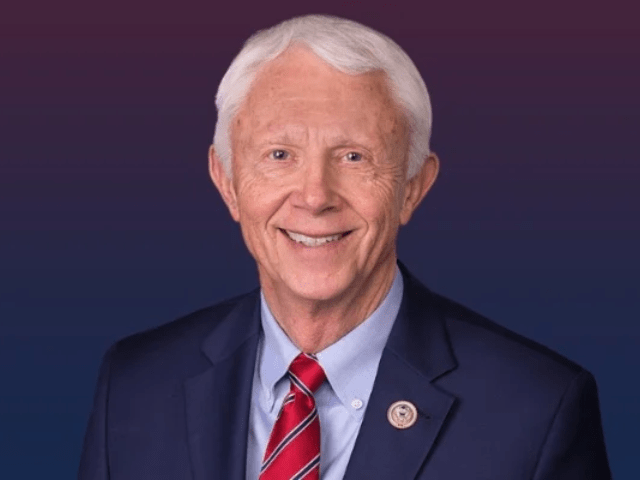The member of the US Congress Jack Bergman reaffirmed his call to the release of the former Pakistani Prime Minister Imran Khan, declaring that democratic values and human rights are essential to a solid American-Pakistani partnership.
Bergman, who recently led a delegation from the bipartite congress in Pakistan, comments in a press release published on the social media platform.
He described his commitments with the leaders and communities of the two countries as a constructive collaboration and urged “freedom and stability”.
“A strong American -Pakistani partnership prosperous on shared values - democracy, human rights and economic prosperity,” wrote Bergman.
The Michigan Republican went to Islamabad to attend Pakistan Mineral Investment Forum 25 (PMIF25) alongside colleagues from Congress Thomas Souzzi and Jonathan Jackson.
The legislators held meetings with the chief of staff of the army Asim Munnir, the Minister of the Interior Mohin Naqvi and other senior officials.
According to the Pakistan military media wing, Inter Services Public Relations (ISPR), interviews with the army chief have focused on regional security, defense ties and efforts to combat terrorism.
The two parties highlighted the need for sustained commitment and memorandums signed to extend cooperation in digital training and IT.
During his meeting with the American delegation, Minister Naqvi reiterated the leading role of Pakistan in the world fight against terrorism, calling for international recognition and increased international intelligence.
Bergman’s remarks add to the growing pressure of the congress in Washington for the release of Khan.
In February, members of the Congress Joe Wilson and August Pfluger urged Secretary of State Marco Rubio to put pressure for the release of the founder of Pakistan Tehreek-E-insaf (PTI).
They qualified the case of Khan as a politically motivated and compared it to that of the insurrection of January 6, 2021 of former president Donald Trump.
More than 60 members of the Congress previously raised concerns about political repression in Pakistan, including an electoral fault and the holding of opposition figures.
Bergman’s comments reflect bipartite concern in Washington about democratic decline in a key United States ally, while Islamabad continues to deal with a careful examination of his treatment of political dissent.




